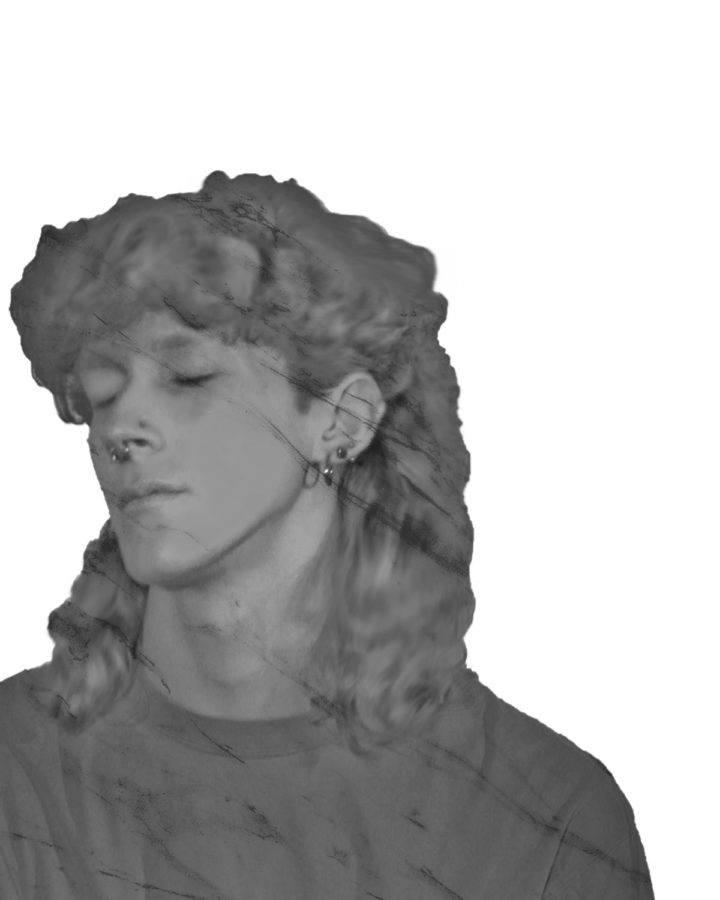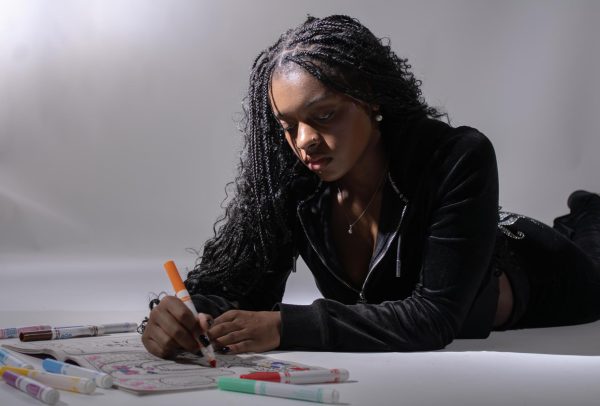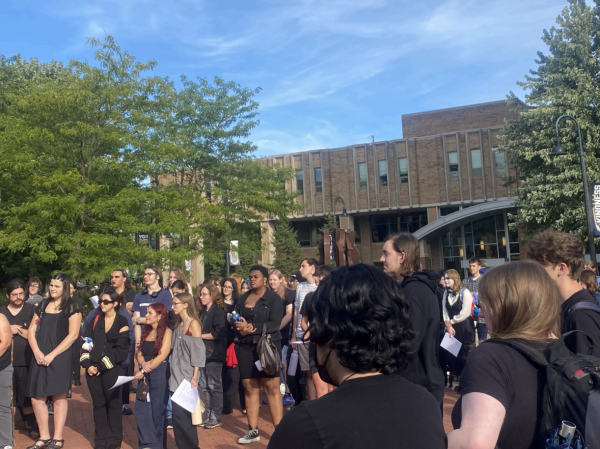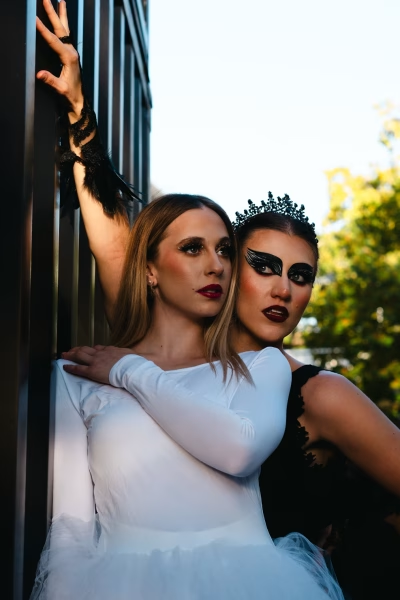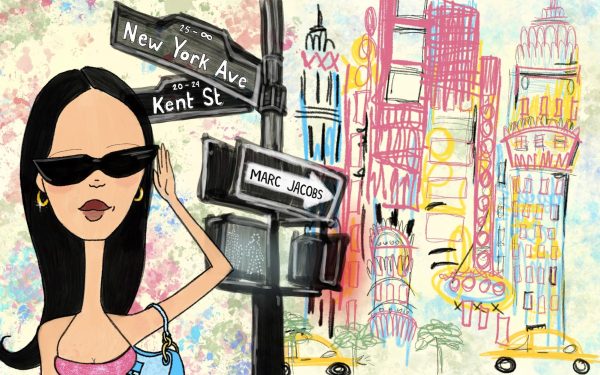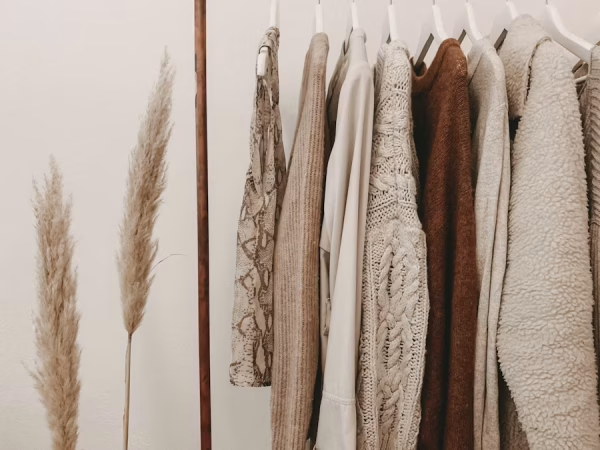how has photo editing impacted body image?
The social media highlight reel seems like a trap we got ourselves into and can’t find a way out of. From using lenses and filters that completely change the size of your nose or lips to feeling the need to photoshop your body to fit the trending body types, we’re left with the question, does social media want us to hate how we look?
Throughout the continuous evolution of media, ideal body types for men and women have only become more prevalent. The media has promoted toxic advertising that has manipulated our society into disliking how we look as a technique for companies to make more money off of our insecurities. Years ago, media in pop culture, such as movies and magazines, were primary factors in the growth of beauty standards. Today, social media has played as the dictator of beauty standards through algorithms and the promotion of filtered and edited content. This has caused our society to develop a deeper craving for perfection.
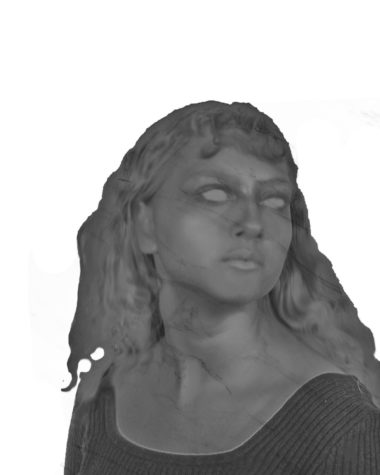
Social media apps such as Instagram, TikTok and Snapchat focus on communicating through sharing photos and videos. Editing and perfecting how we look before posting on these apps has become the norm. As Dr. Leela R. Magavi told InStyle, “Children and adults of all ages have confided in me and shared that they are ashamed of posting photographs of themselves without the use of filters.” What started as something so innocent and casual has now become a source of our insecurities and reconstructed ideals of beauty standards.
According to Dr. Michael Reilly and Dr. Keon Parsa from Psychology Today, platforms such as Snapchat and Instagram have built in features of softening wrinkles and altering facial features, “making digital appearance manipulation readily available to their users.” Another feature each app has is the ability for anyone to make their own lens or filter to share with others. This can turn out good or bad, depending on what users the algorithm recommends them to.
According to Crystal Raypole at Healthline, “As research increasingly draws connections between heavily filtered selfies and increased body dissatisfaction, a new term has emerged to describe this phenomenon: Snapchat Dysmorphia.” The term emerged because plastic surgeons were beginning to report that clients wanted procedures done to match their filtered photos. Snapchat dysmorphia causes people to fixate on their perceived flaws because they don’t look how they do in filtered selfies.
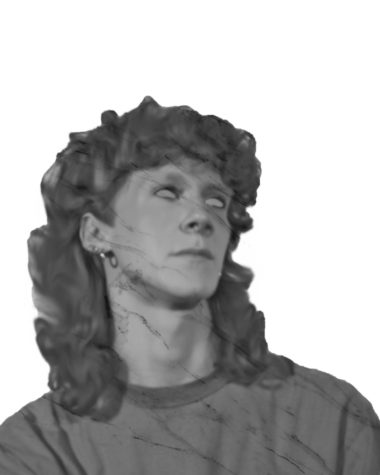
Due to the accessibility of social media, more people are becoming hyper-aware of their appearance, resulting in following cosmetic surgery trends. “You can almost tell when they’re being influenced by something they saw,” says Dr. Troy Pittman to Allure. Pittman told Allure that social media has been a blessing and a curse for plastic surgery.
Most of us want to share the best moments in our lives, but why would we continue to follow the algorithm and fake them by altering our looks?
Social media has an immense impact on the way our society idealizes certain body types. Social media users and influencers are becoming aware of the effects it has on body image and choose to spread awareness about it. Something important to remember is that no one will ever look “perfect,” even if their social media content portrays that they do.
Support Student Media
Hi! I’m Catie Pusateri, A Magazine’s editor-in-chief. My staff and I are committed to bringing you the most important and entertaining news from the realms of fashion, beauty and culture. We are full-time students and hard-working journalists. While we get support from the student media fee and earned revenue such as advertising, both of those continue to decline. Your generous gift of any amount will help enhance our student experience as we grow into working professionals. Please go here to donate to A Magazine.

